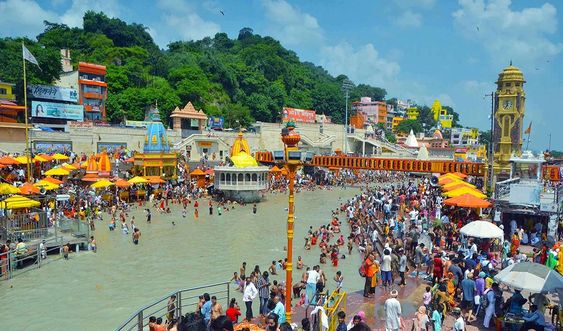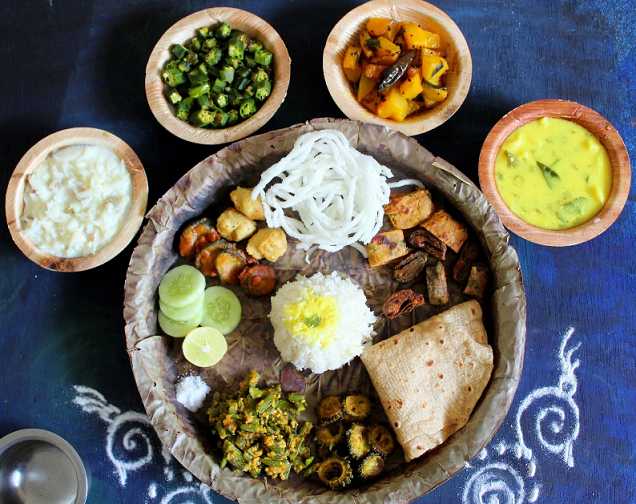Priests and Pandits during Pitru Paksha
he role of priests and pandits (Hindu priests or scholars) during Pitru Paksha is pivotal in ensuring that the rituals and ceremonies are conducted with precision, adherence to tradition, and spiritual significance. Their guidance and expertise help families perform the rituals effectively, seeking the blessings of their ancestors and ensuring the peace of the departed souls. Here’s a detailed explanation of the role of priests and pandits during Pitru Paksha:
- Ritual Knowledge and Expertise: Priests and pandits are well-versed in the sacred scriptures and traditions of Hinduism. They possess the knowledge of the specific rituals, mantras, and prayers associated with Pitru Paksha. Their expertise ensures that the ceremonies are conducted correctly and effectively.
- Determining Auspicious Timings: Hindu rituals are often performed at specific auspicious times, known as muhurats. Priests and pandits calculate these timings based on the Hindu lunar calendar and other astrological factors. During Pitru Paksha, they determine the ideal moments for performing various rituals to maximize their spiritual significance.
- Preparing for Rituals: Priests assist families in preparing for Pitru Paksha rituals. This includes procuring the necessary offerings such as grains, water, and food, as well as setting up the sacred space where the ceremonies will take place.
- Conducting Tarpana and Other Offerings: One of the central rituals during Pitru Paksha is Tarpana, the offering of water mixed with sesame seeds and barley to appease the ancestors. Priests lead these offerings, guiding the family members in reciting the appropriate mantras and prayers. They ensure that the offerings are made with the right intent and devotion.
- Reciting Mantras and Invocations: Priests and pandits play a crucial role in reciting Vedic mantras and prayers that invoke the presence of the ancestors and seek their blessings. These mantras are chanted with precision and devotion to establish a spiritual connection between the living and the departed.
- Facilitating Family Unity: Priests often act as spiritual guides and mediators, helping family members come together and perform the rituals as a united front. They provide emotional support and counsel, especially in cases where there may be unresolved issues within the family.
- Explaining Symbolism and Significance: Priests take the opportunity to educate family members about the symbolism and significance of each ritual. They explain the deeper spiritual meanings behind the offerings, mantras, and prayers, enhancing the family’s understanding and devotion.
- Mitigating Ancestral Karma: Priests and pandits emphasize the importance of resolving ancestral karma during Pitru Paksha. They guide families in seeking forgiveness for any wrongdoings committed by the ancestors and the living, helping to alleviate negative karma.
- Performing Pinda Daan and Other Complex Rituals: Some families opt to perform more elaborate rituals like Pinda Daan, which involves offering rice balls to the ancestors. Priests and pandits are skilled in conducting these complex ceremonies, ensuring their proper execution.
- Providing Spiritual Guidance: Priests and pandits offer spiritual guidance to family members, encouraging them to lead righteous lives, uphold dharma (moral and ethical duties), and cultivate virtues. They emphasize the importance of love, respect, and gratitude toward one’s ancestors.
A priests and pandits play a multifaceted role during Pitru Paksha, serving as spiritual guides, ritual experts, and facilitators of family unity. Their knowledge and guidance are instrumental in ensuring that the rituals are conducted in accordance with tradition and that the spiritual objectives of honoring and appeasing the ancestors are met.


